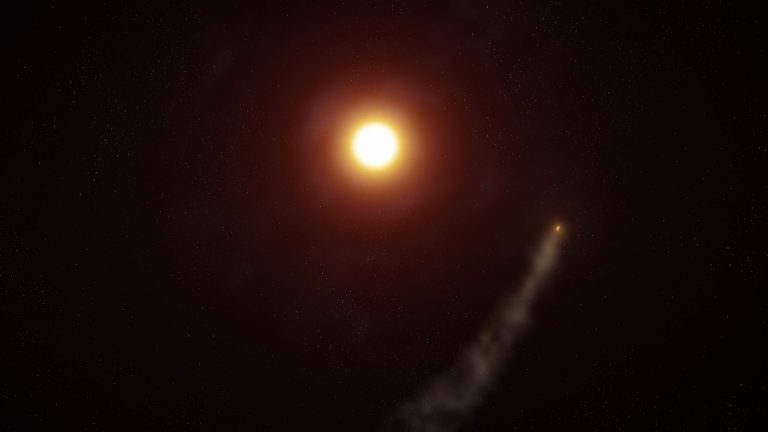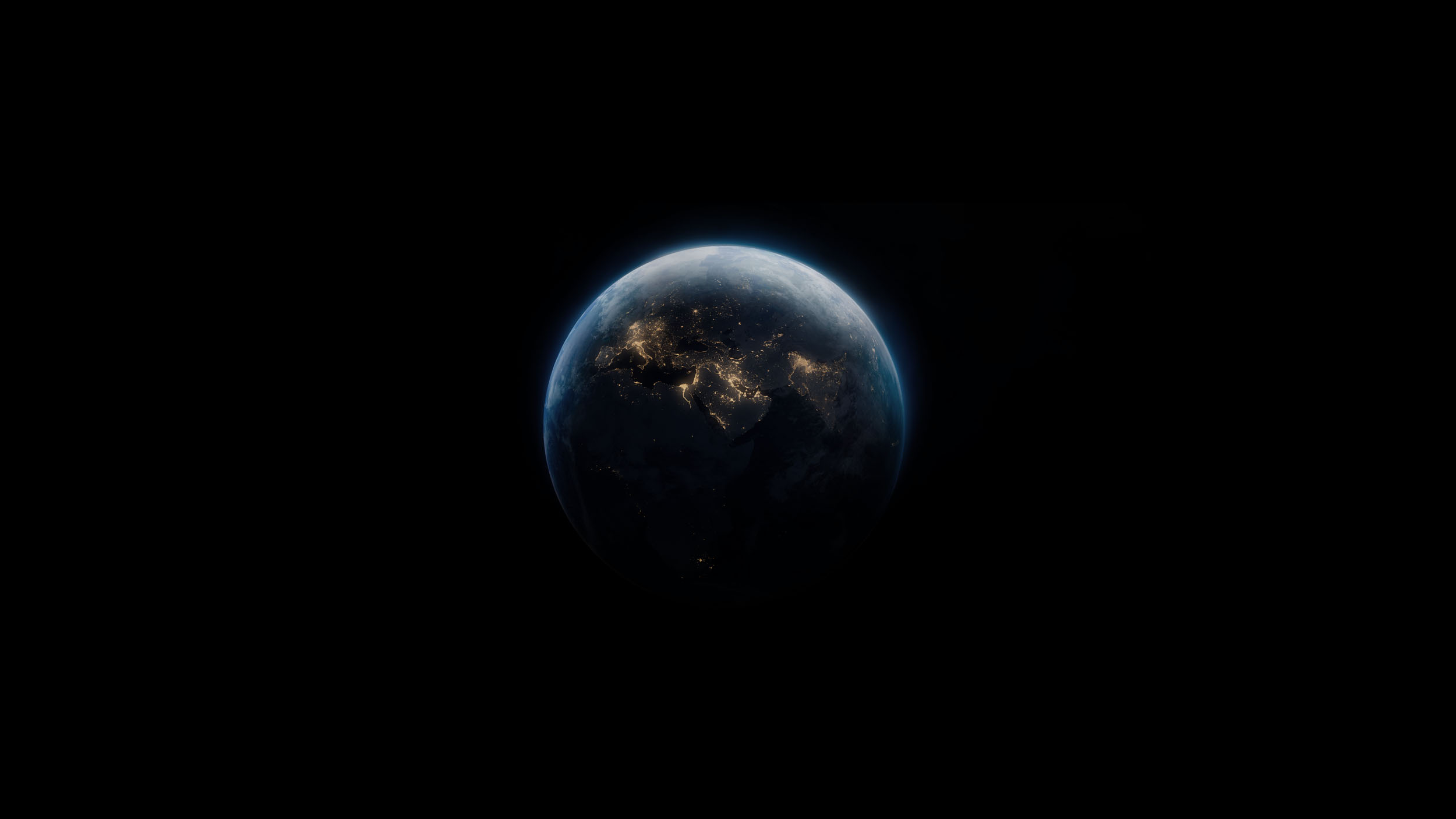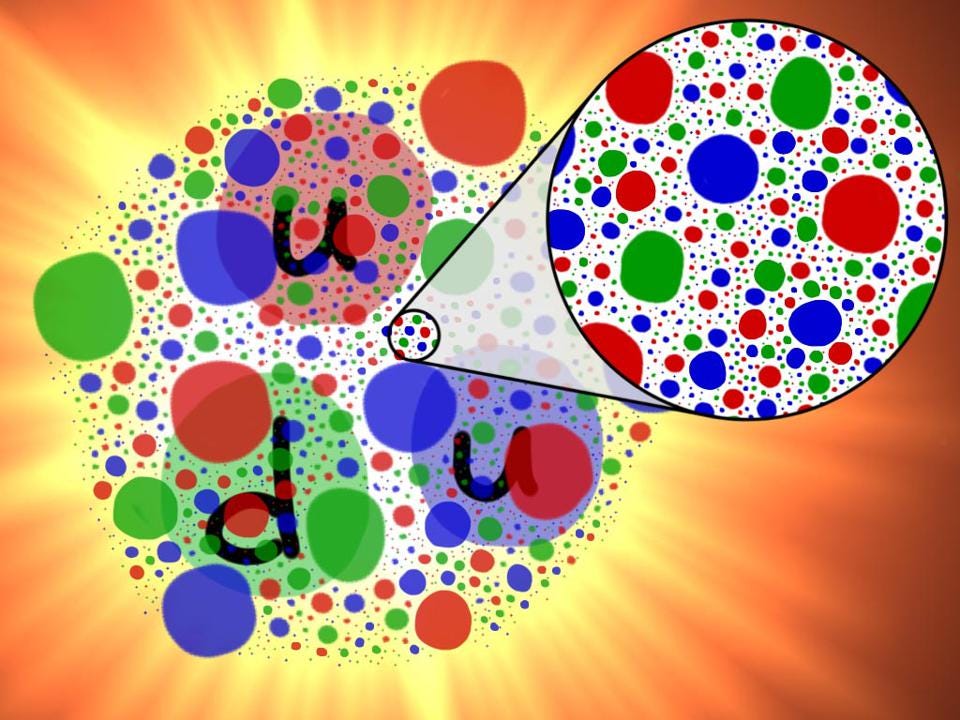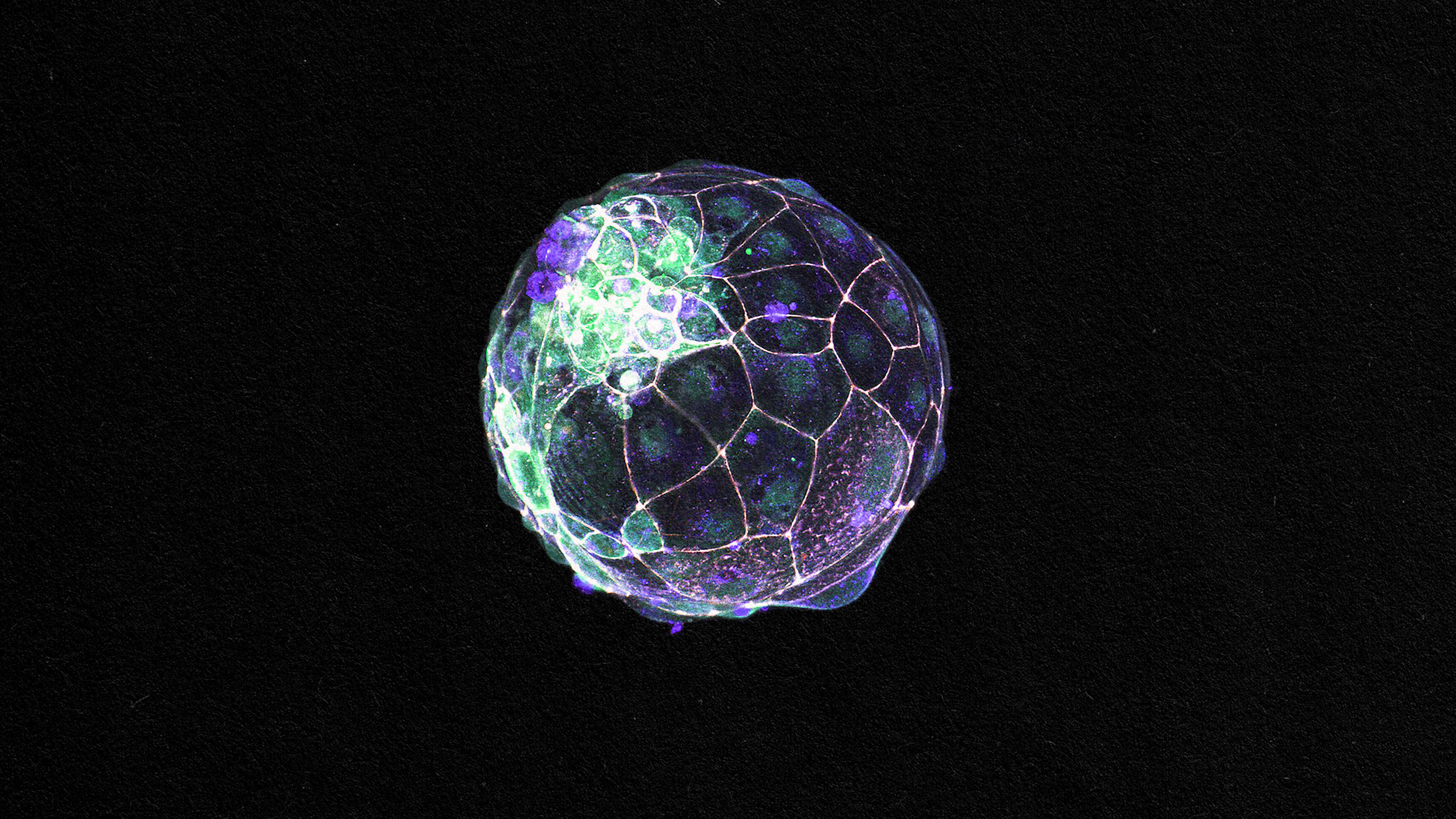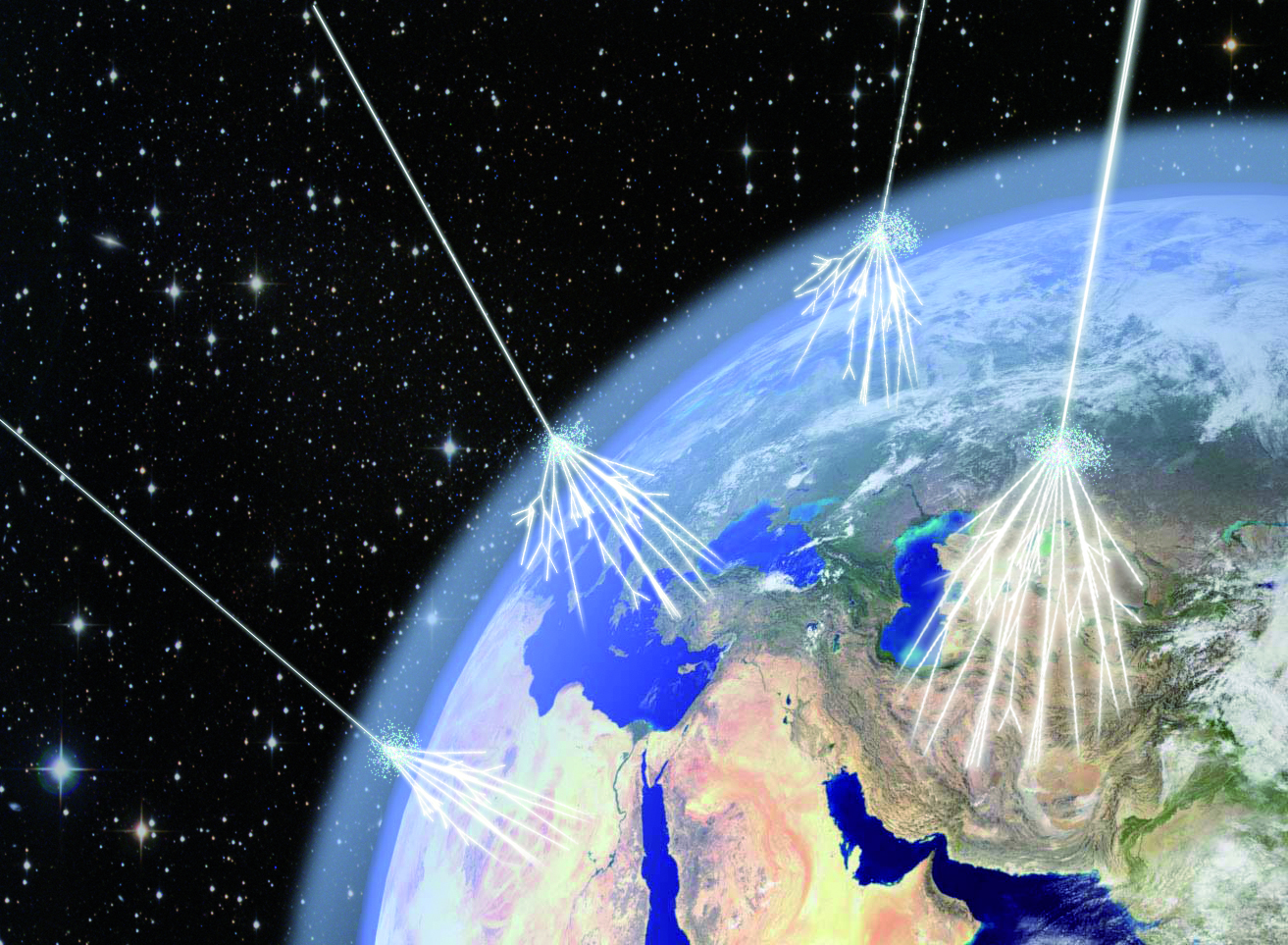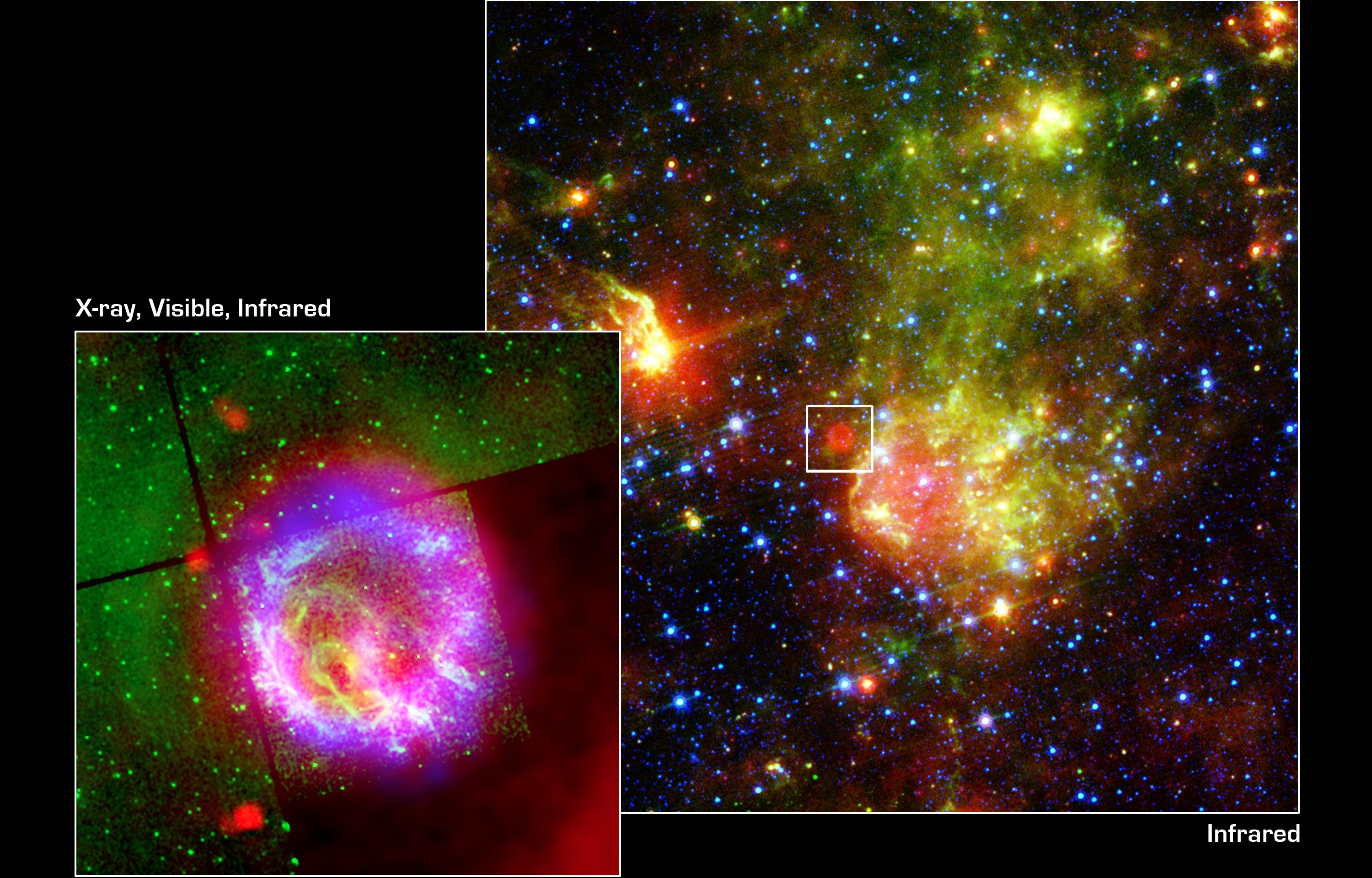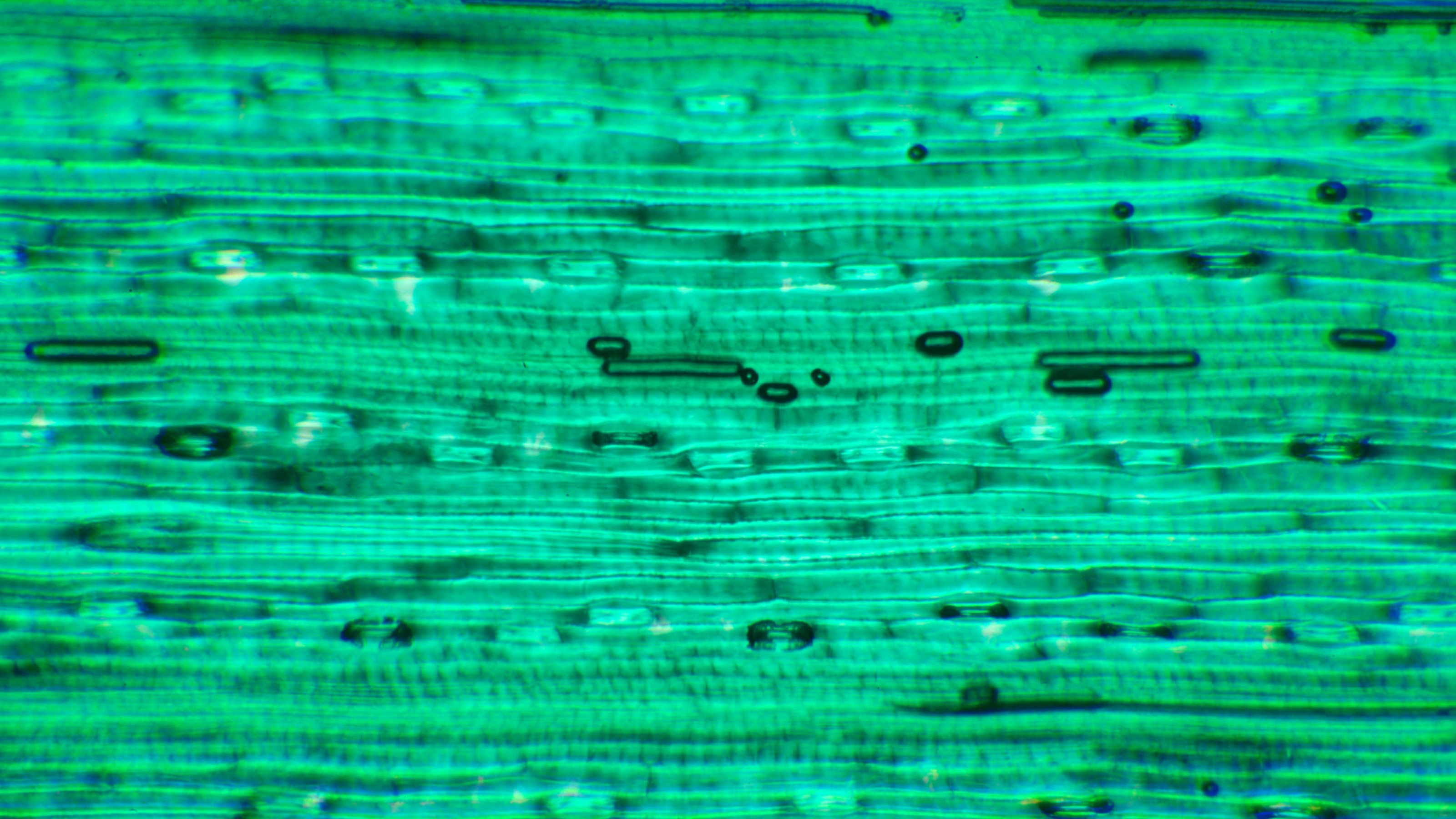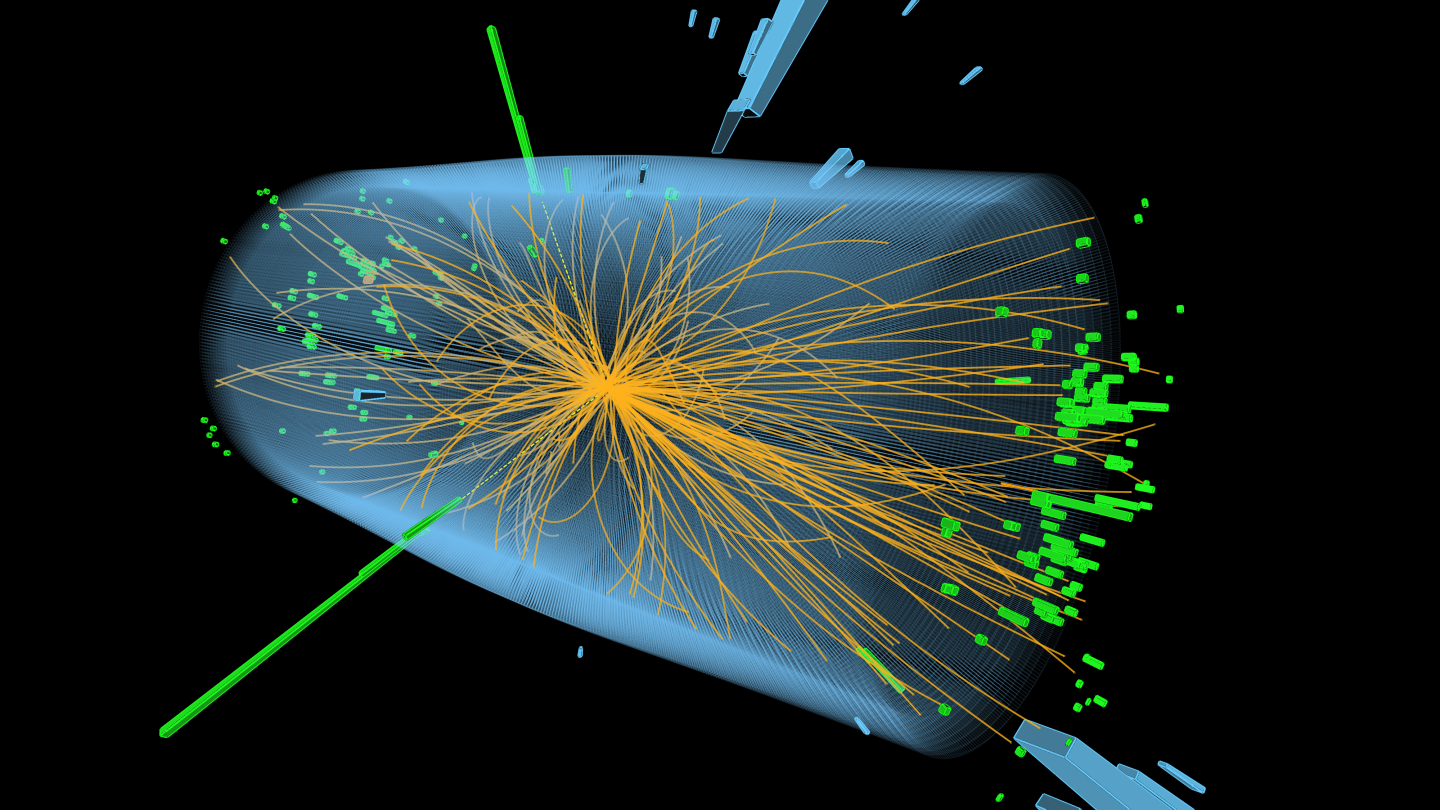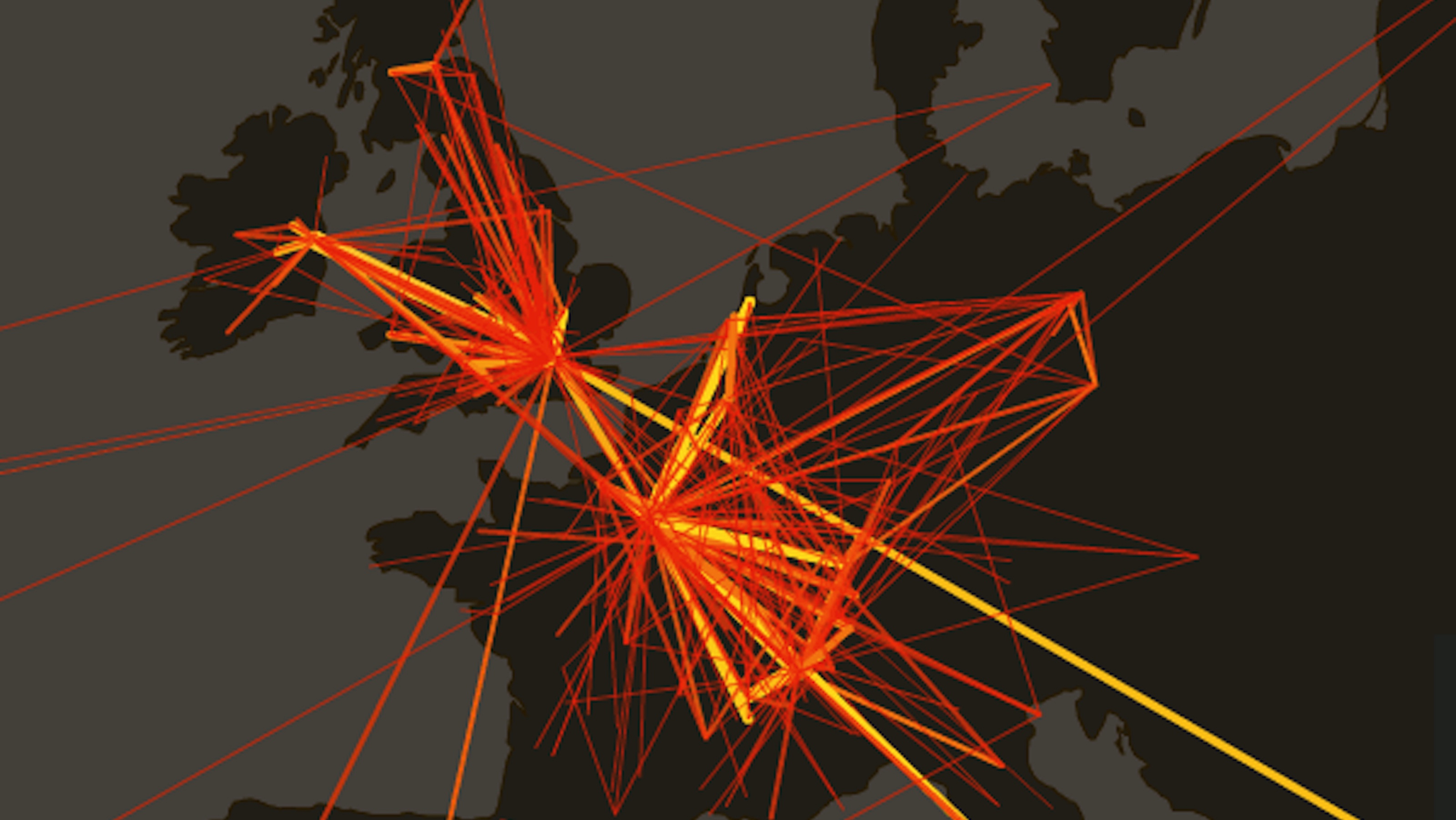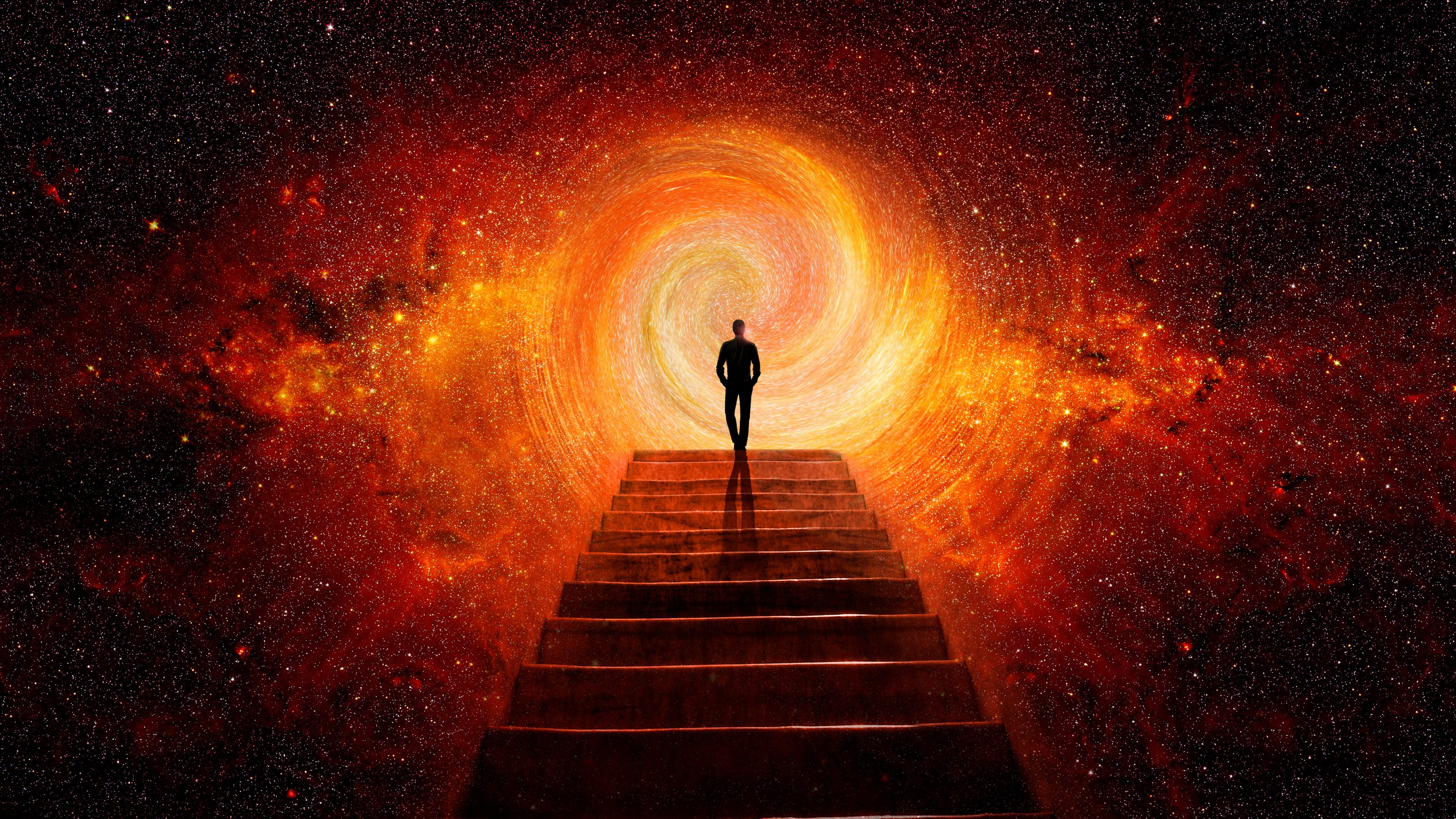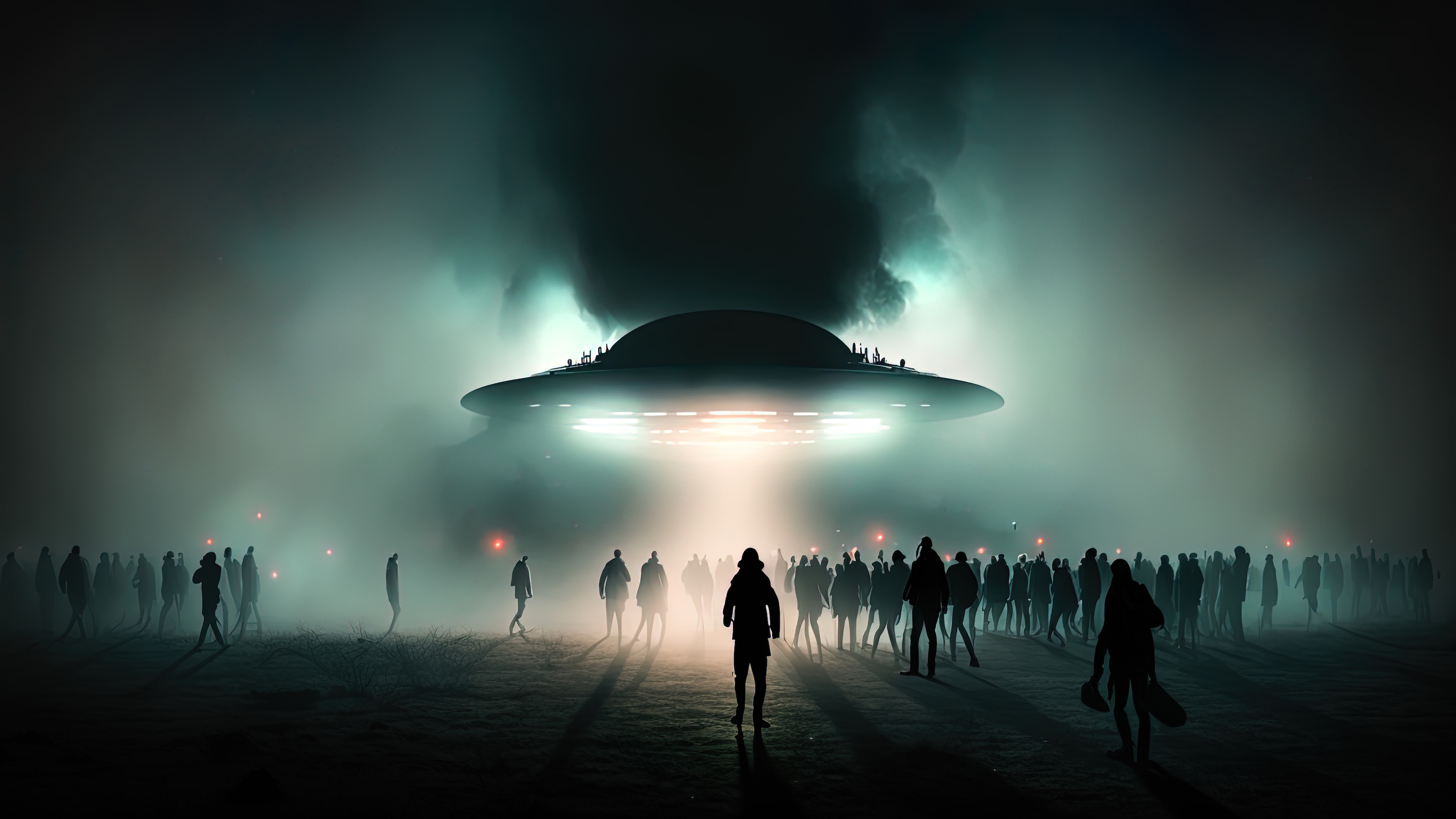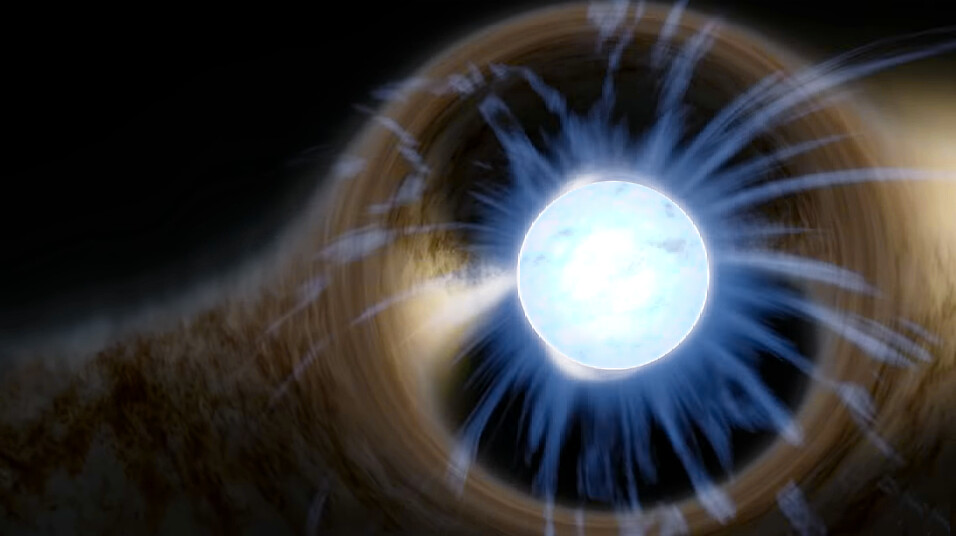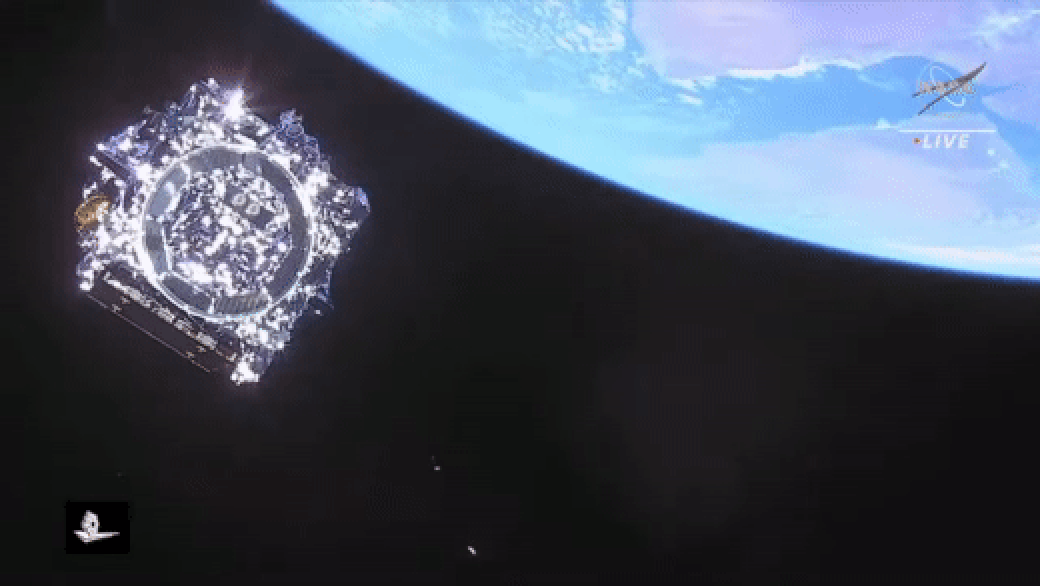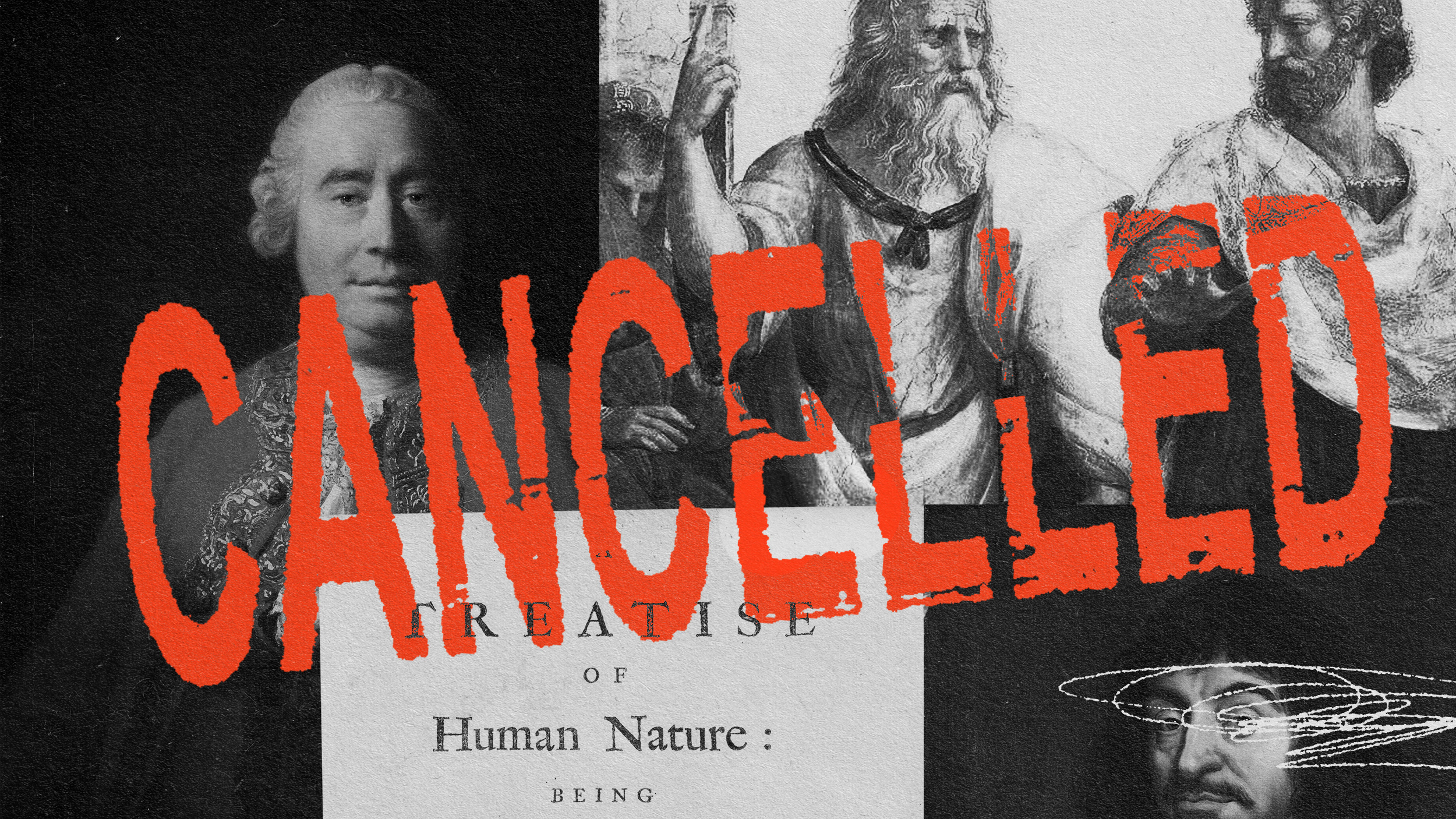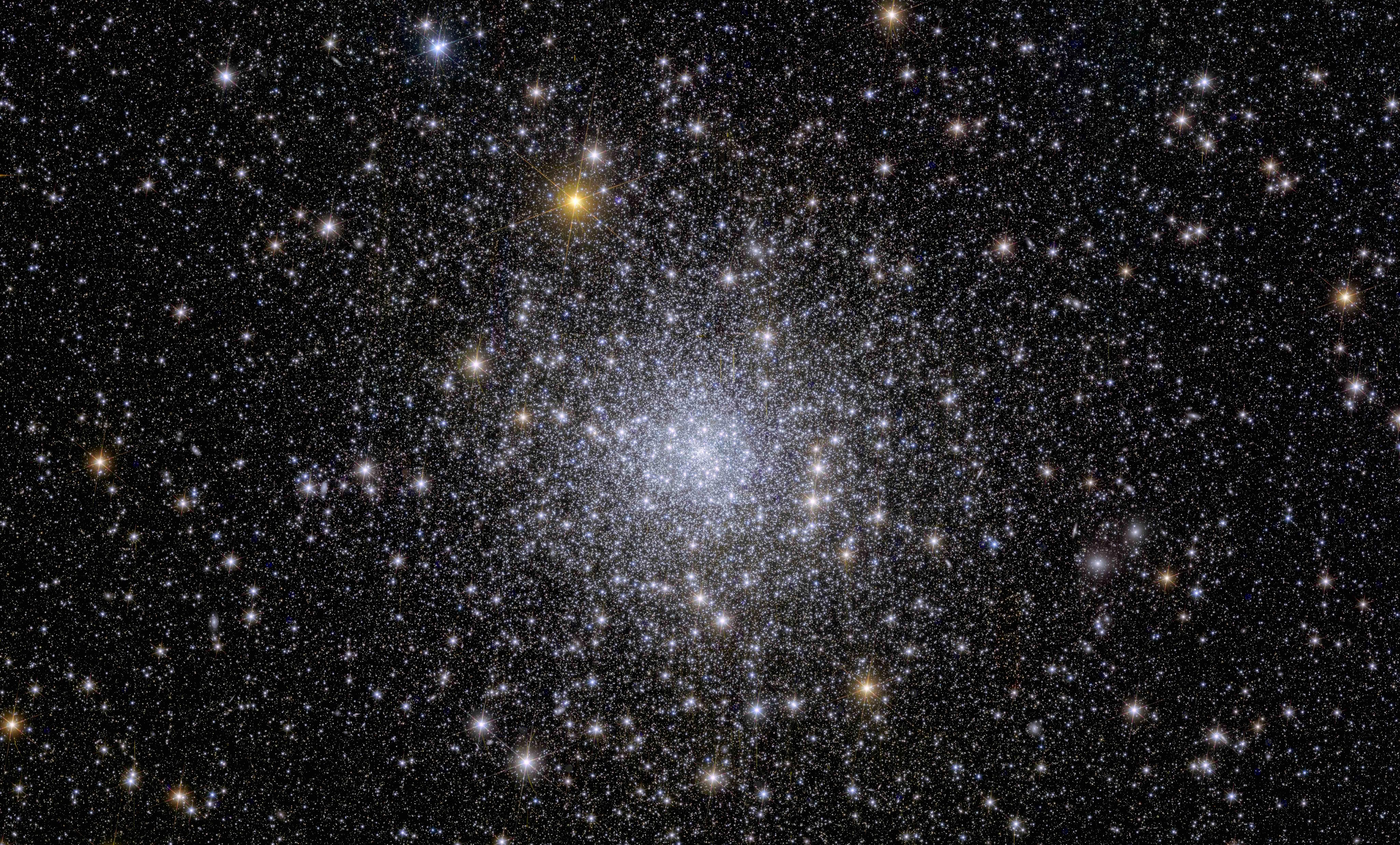Planets can be Earth-like or Neptune-like, but only rarely are in between. This hot, Saturn-like planet hints at a solution to this puzzle.
Search Results
You searched for: lifetime
Two scientists recently wagered a bottle of whiskey. The bet? Whether we’ll find evidence of advanced extraterrestrial life in the next 15 years.
If you see life as only a source of suffering and misery, why bring anyone else into that? This belief, called anti-natalism, is on the rise.
To keep up with the pace of change, organizations that haven’t already can benefit greatly from exploring skills-based training.
About the project The goal of driving more progress across the world—scientifically, politically, economically, socially, etc—is one shared by many. And yet, debates about the best way to maximize progress […]
It’s 2024, and we still only know of the fundamental particles of the Standard Model: nothing more. But these 8 unanswered questions remain.
From the laying out of the body plan to the organization and functioning of our nervous system, cells rule gene expression and make us who and what we are.
Theory without experiment is blind, and experiment without theory is lame.
According to neuropsychologist Julia DiGangi, no one can live a life free of emotional pain. We can only choose how those emotions empower us.
Bob Dylan gave us the paradoxical gem “there’s no success like failure, and failure’s no success at all.” He had a point.
Queen Elizabeth II has died. How is this loss different from that of a loved one?
Particles are everywhere, including particles from space that stream through the human body. Here’s how they prove Einstein’s relativity.
Dig a 70-mile tunnel under the Bering Strait, and you get this amazing InterContinental Railway, which will reshape the world.
One newly discovered, ancient star has a composition unlike any other. Explaining its existence is already blowing astronomers’ minds.
The very word “quantum” makes people’s imaginations run wild. But chances are you’ve fallen for at least one of these myths.
Plants at room temperature show properties we had only seen near absolute zero.
The road to intelligent life is a series of hard steps.
In our Universe, all stable atomic nuclei have protons in them; there’s no stable “neutronium” at all. But what’s the reason why?
On July 4, we celebrate the tenth anniversary of the discovery of the Higgs boson, the missing piece of the Standard Model of particle physics.
Digital analyses of Enlightenment-era letters are teaching us a thing or two about Locke, Voltaire, and others.
When you wish upon a star, it probably makes a difference who you are.
Perhaps we should be searching for “other Mercurys” rather than “other Earths.”
An MIT study finds the brains of children who grow up in less affluent households are less responsive to rewarding experiences.
Neutrons can be stable when bound into an atomic nucleus, but free neutrons decay away in mere minutes. So how are neutron stars stable?
For many, it was just a successful launch like any other. But for scientists around the globe, it was a victory few dared to imagine.
“Conceptual isolation” offers an agreeable solution.
Sometimes, going “deeper” doesn’t reveal the answers you seek. By viewing more Universe with better precision, ESA’s Euclid mission shines.
An influential series of books argues that the history of the world is the history of generations. Is it right?
Your whole body is part of the instrument.
